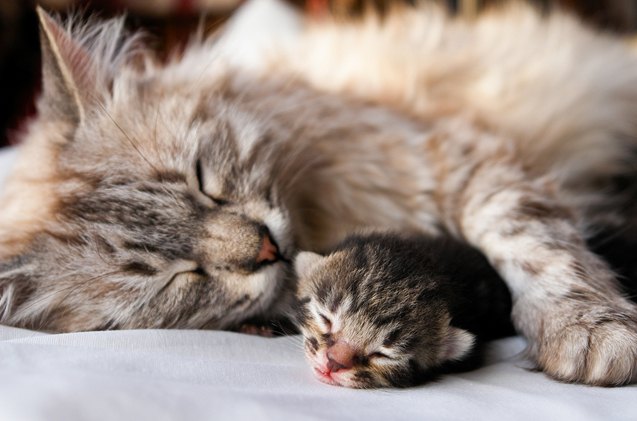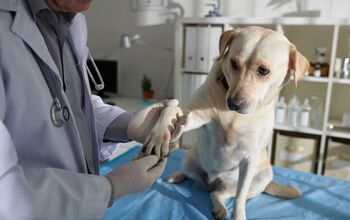How To Choose A Reputable Cat Breeder

If you’re in search of the perfect kitty to add to your family but you have a particular breed in mind, you can certainly check out breed-specific animal rescues and foster networks or browse through sites such as Petfinder to search for the breed in animal shelters.
But if you can’t find the purebred cat you’re searching for in shelters, you also have the option of purchasing your furry friend from a reputable cat breeder. Below are a few tips to help you choose the ideal cat breeder—one who has genuine concern for the animals and isn’t running a kitten mill.
Related: How To Prepare Your Home For A New Kitten
Do Your Research
Get information from veterinarians, cat societies, and professional websites so you can create a list of breeders who offer the breed you’re searching for. Once you have this list, you’ll need to do further research to cross off any breeders that don’t seem ethical, reputable, and responsible. Use the power of the Internet to read reviews and gain insight into their reputations.
For example, does a particular cat breeder have references that you can contact for more information? Do they also have a professional website and several means to get in touch with them?
What do reviews have to say about a cat breeder? Do these reviews contain stories of the kittens, along with photos? What about stories of the kittens after they’ve grown up? Are they still healthy and happy? In other words, what do people who’ve purchased from a breeder have to say about that breeder and the kitten they brought home?
Related: The Stages of Kitten Development
Be Certain the Cat Breeder is Registered
Purchasing a cat from a registered breeder will increase the odds that you’re getting a healthy kitten who has been socialized and is comfortable around people and possibly other pets as well.
A registered breeder will also guarantee that the kitten has a pure bloodline, which reduces the risk of the cat inheriting medical conditions (although you should keep in mind that certain breeds may be prone to certain diseases).
Visit the Breeder in Person
A respectable cat breeder is one who isn’t breeding cats just for the money. Breeders who don’t really care about the animals and who are in the business purely for profits, on the other hand, will often keep the animals in terribly inhumane conditions. But don’t just take a breeder’s word for it; instead, visit the facility or home in person to see for yourself how the animals are kept and how they’re treated.
All of the cats should be kept in comfortable, clean, and safe environments with plenty of enrichment and a lot of attention from their human caretakers. They should be well fed, healthy, and warm, and there shouldn’t be any signs of neglect, overbreeding, or abuse.
Ask the Right Questions
During your visit, you should also ask the breeder plenty of questions. Again, some breeds are prone to certain conditions, so you should find out what the breeder is doing to minimize the risk of the kittens inheriting those problems. An honest breeder will be upfront about the potential issues with a particular breed, but you should go into the interview process with enough knowledge about the breed to know what needs to be discussed.
Asking a lot of questions shouldn’t annoy the cat breeder. You should also pay attention to the breeder’s demeanor to determine if s/he is withholding information. And if you aren’t allowed to take a full tour of the facility, you should be very skeptical of the breeder’s honestly.
Ask about the food that the kittens and mother cat are being fed, the veterinarian who examines them, any tests that have been performed to check for infectious illnesses and defects, and vaccinations that have been given. Find out if you can acquire the records to these veterinary checkups, and also find out how the breeder handles kittens and cats that become ill.
A great breeder will even ask you questions to interview you and ensure you have what it takes to be a great cat mom or dad, especially for the breed you’re interested in, as many purebreds have specific personality traits and needs.
When Should You Take Your Kitten Home?
Kittens should be kept with their mothers until they’re 10 weeks old, at a minimum, though some breeders will even keep them until 14 to 16 weeks of age. If the breeder is willing to give you a kitten younger than 10 weeks, you should question his/her motives and probably steer clear.

Lisa Selvaggio is a freelance writer and editor, and our resident cats-pert, with certifications in pet nutrition and pet first aid. She enjoys producing content that helps people understand animals better so they can give their pets a safe and happy home.
More by Lisa Selvaggio























